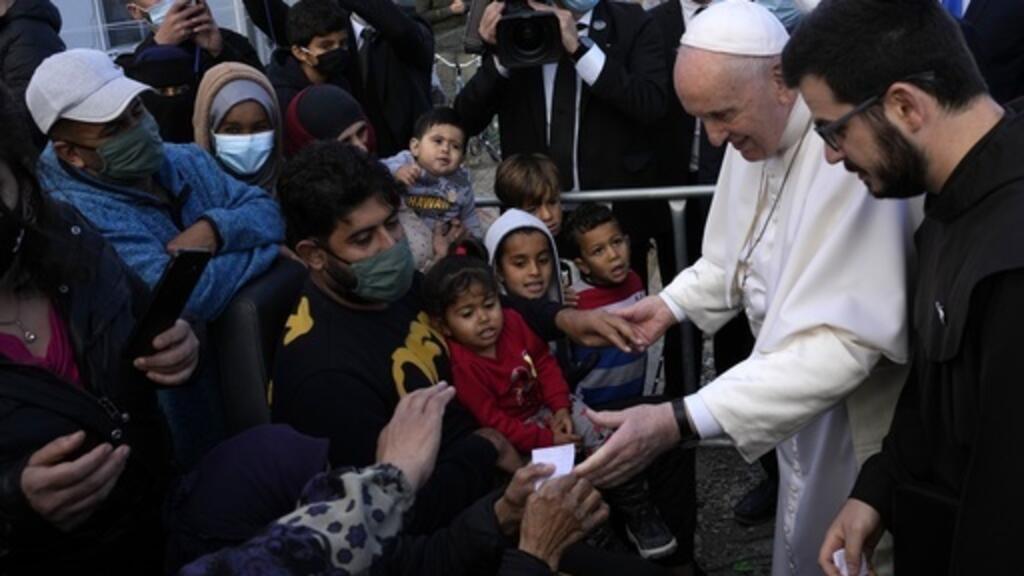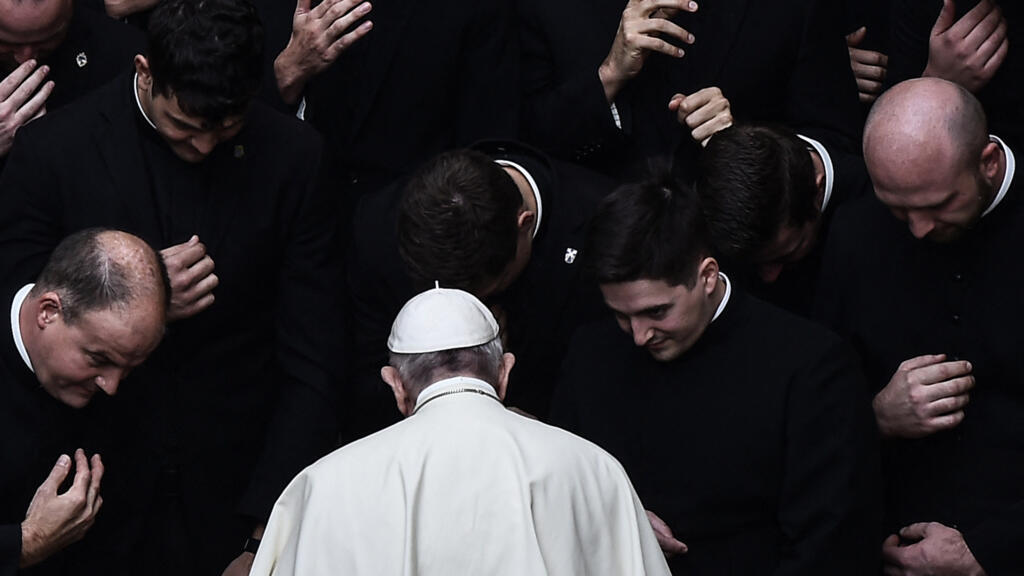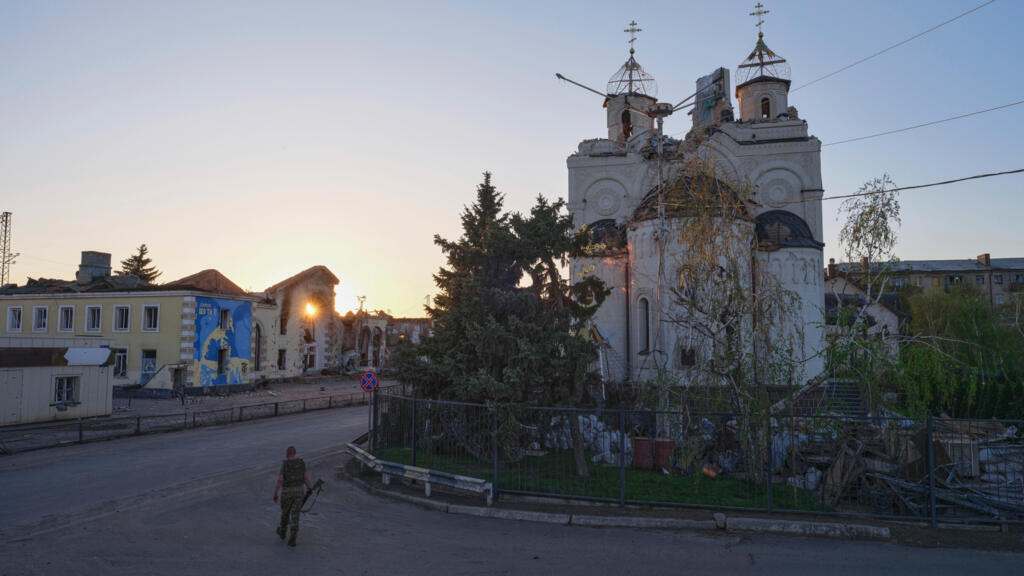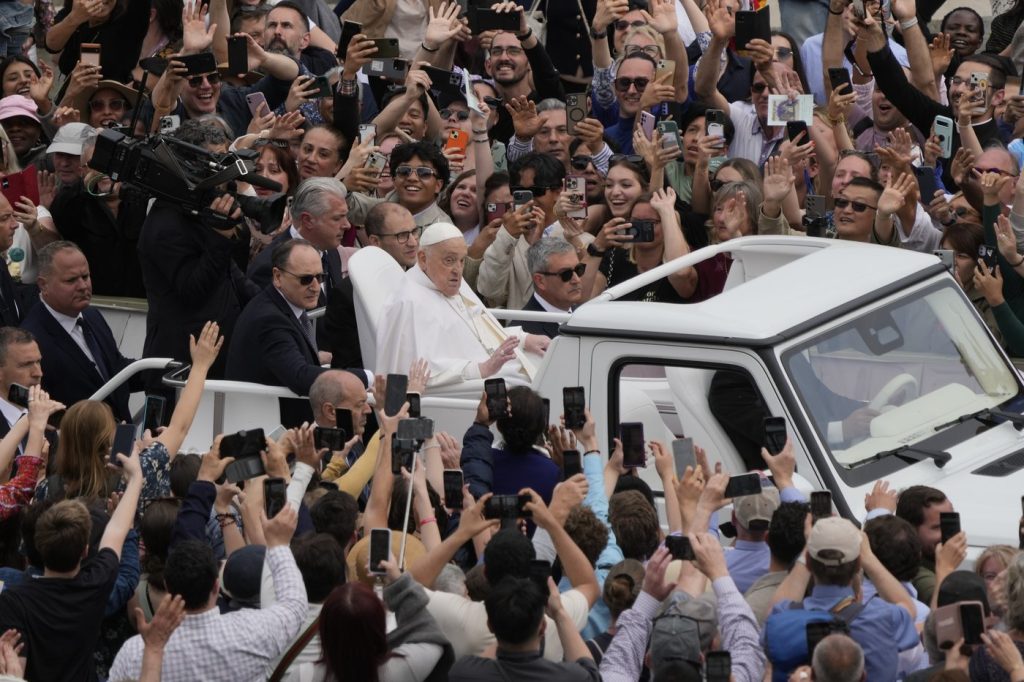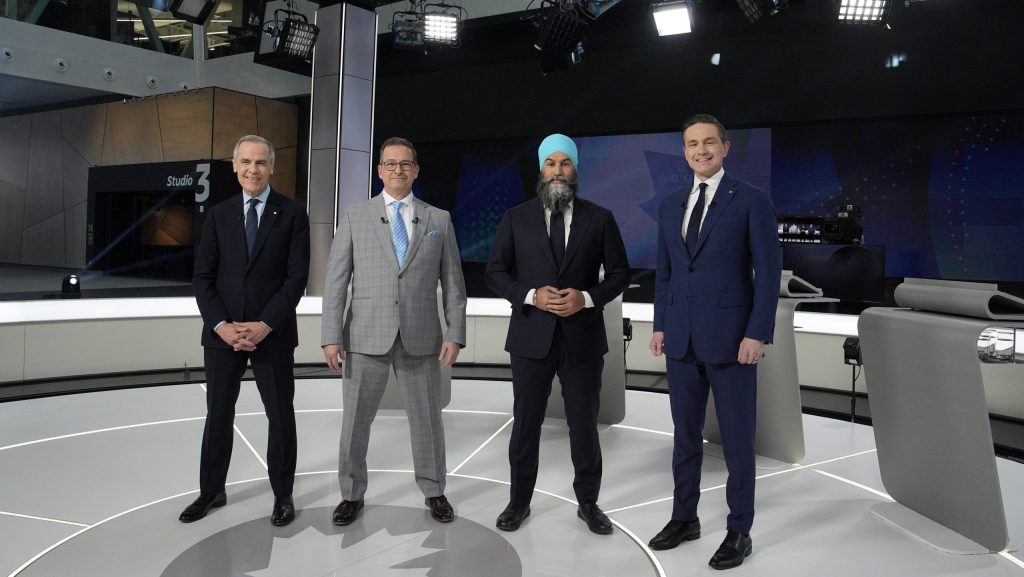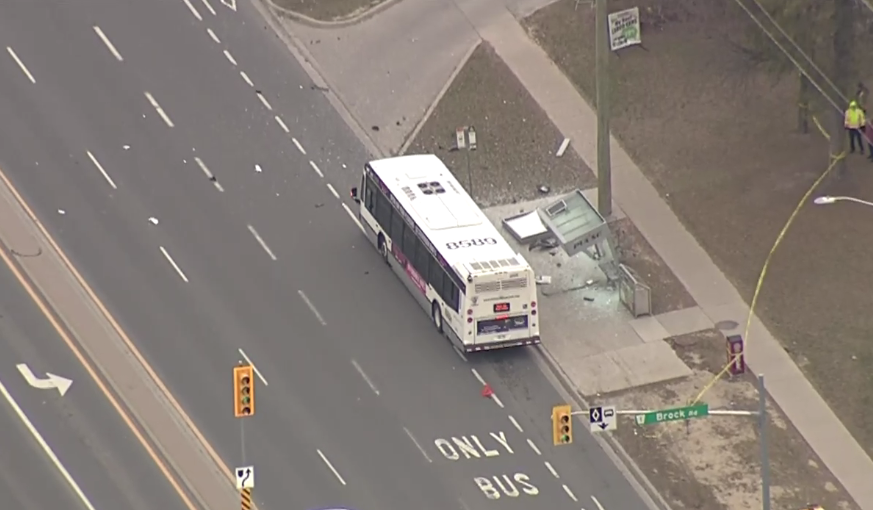Pope Francis, the first Latin American pontiff in the history of the Catholic Church, has emerged as a transformative leader with a focus on social justice and human rights. Since his election in March 2013, he has taken progressive stances on various issues, advocating prominently for the rights of migrants and members of the LGBTQ+ community. His views, however, have not come without controversy. They have often alienated traditionalists within the Church who favor a more conservative interpretation of Catholic doctrine.
One of the hallmarks of Pope Francis’s papacy has been his compassion for migrants and refugees. He has repeatedly emphasized the importance of treating all individuals with dignity and respect, irrespective of their immigration status. His teachings highlight the moral obligation to support those fleeing violence, poverty, and other forms of persecution. The Pope has spearheaded initiatives aimed at integrating migrants into societies and called for a more inclusive approach across nations to address the global migration crisis.
In addition to his advocacy for migrants, Pope Francis has also shown a notable commitment to the LGBTQ+ community. While maintaining traditional Church teachings on marriage, he has urged for greater acceptance and understanding towards LGBTQ+ individuals. His famous quote, "Who am I to judge?" regarding gay clergy exemplifies a shift towards a more compassionate viewpoint that challenges the Church's historical stance. This openness, however, has sparked debates within the Vatican and has drawn both supporters and critics from various factions of the Church.
Moreover, Pope Francis has been a vocal critic of a "structurally perverse" global economic system that he believes perpetuates inequality and injustices, particularly against the poor and marginalized. His encyclical, "Laudato Si'," focuses on environmental issues and the need for economic reforms that prioritize human welfare over profit. He has called for a global economy that respects individuals’ dignity instead of exploiting them, advocating for a radical shift in how resources are distributed and how economic policies are formulated.
Despite the relevancy of his messages, Pope Francis's progressive views have often created a rift between modernists and traditionalists within the Church. Traditionalists argue that his approach dilutes the core tenets of Catholicism and fosters confusion among the faithful. They have expressed concerns that his inclusive messaging could lead to a re-evaluation of long-held doctrines, particularly regarding family and sexuality. Tensions have escalated in various sectors of the Church, as some bishops and clergy have openly opposed the Pope's positions, leading to internal conflict.
Critics also point to the challenges the Pope faces within a bureaucracy that is steeped in centuries-old traditions. Some believe that while his intentions are noble, the execution of his vision may face significant obstacles, especially in the context of a rapidly changing global landscape. There is an ongoing debate about whether Pope Francis can effectively bridge the gap between progressive and conservative factions while maintaining unity within the Church.
As Pope Francis continues his papacy, the lasting impact of his advocacy for marginalized communities, economic reform, and environmental responsibility remains to be seen. His ability to unite the Church while pushing for inclusivity and justice may define not only his legacy but also the direction of the Catholic Church in the years to come.


